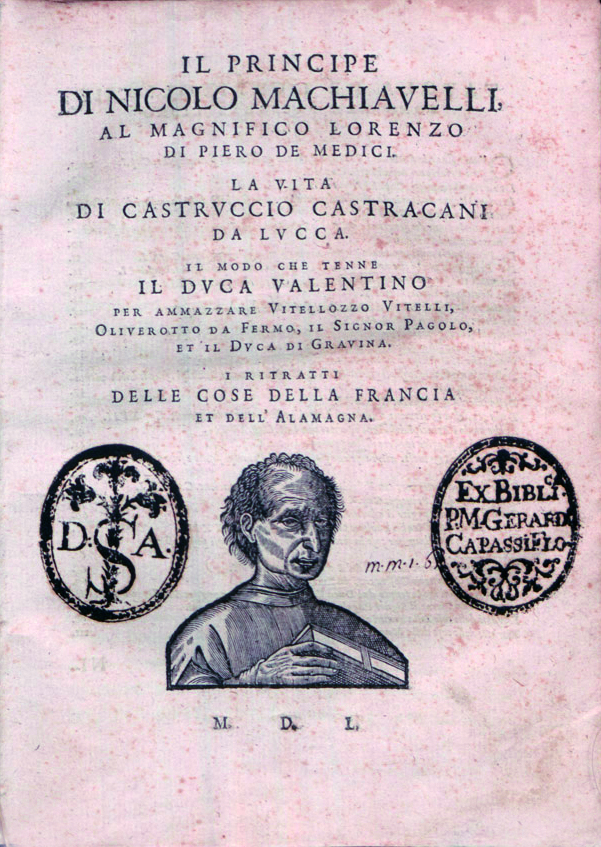
In its first meeting of the semester, the newly expanded “60 Minutes in Present Politics” initiative - now known as “60 Minutes in Present Politics, Philosophy, and Prose,” welcomed Professors Timothy Kreiner (English) and Katja Lindskog (English & Humanities, DUS of DS) along a full room of highly engaged DS students to discuss Machiavelli and climate change.
In its 2018 report on global warming, the Intergovernmental Panel on Climate Change (IPCC) forwarded a number of alarming claims. None received more press or caused greater anxiety than the following. Avoiding the worst of climate change, the IPCC reports, entails a “decoupling of economic growth from energy demand and CO2 emissions” that will perforce “involve rapid and unprecedented societal transformations.” A child of the UN, the IPCC is not exactly a hotbed of revolutionary activity. And yet its findings raise questions Machiavelli would instantly recognize as a threat to the status quo. If we want to limit global warming, by what means can we decouple economic growth from fossil fuels? Can markets save the planet? What about nation-states, or the UN? Or must we abolish the present state of things – including capitalism – in order to end climate change? A provocation that takes seriously the political consequences of the most recent climate science, Andreas Malm’s “Socialism or Barbeque, War Communism or Geoengineering: Some thoughts on choices in a time of emergency” assesses the means and ends of current climate politics. In doing so it also offers some useful coordinates for thinking about the relevance (if any) of Machiavelli to climate change today.
